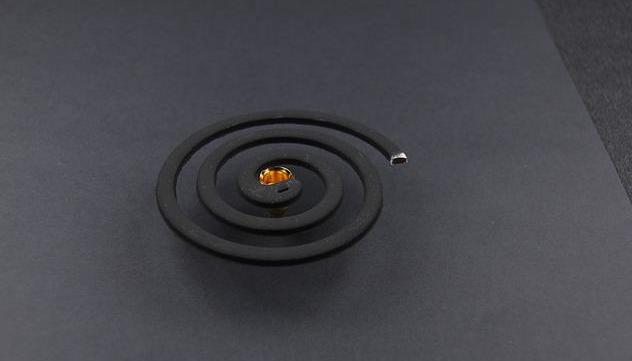To nap or not to nap, that is the question! There has always been debate over the benefits of napping during the day and whether it affects sleep at night. The art of napping has shown that regularly allocating time for a little snooze is good for our brain. And the good news, napping is back in vogue!
As a cultural practice, napping had been in decline, but individuals and organisations are increasingly aware of the growing research that shows the benefits of napping, both to compensate for inadequate night time sleep and for providing a cognitive boost.
How To Reap The Benefits Of Napping:
Make sure you are comfortable. Basics such as eye masks and ear plugs can help during the day. Aim to put yourself in a similar mental frame of mind as at night time. Nap in a quiet, dark place without distractions. Ensure it has a comfortable room temperature
Nap times should be short if your main purpose is to alleviate sleepiness, improve your alertness and boost your mood. A 10 minute nap could do the trick. A longer nap could be beneficial if night time sleep was disturbed or inadequate. If sleeping at night is difficult, longer naps (around 60 minutes) can often compensate and protect your day-time mental function, but should not be used as a long-term solution.
There’s evidence that naps ranging from 30 to 90 minutes can be used to enhance learning, either prior to study, to enhance encoding of new material, or after studying, to boost the consolidation of new memories.
Choose your napping time wisely. Be aware of what are you doing afterwards, to avoid grogginess after a longer nap.
Avoid compromising night time sleep. The most beneficial time to nap is mid-afternoon.
Afternoon napping used to be a fixture in Mediterranean, Middle Eastern and East Asian societies, providing a respite from high outdoor temperatures and to accommodate for sleep patterns, such as waking up very early in the morning for prayers. However, with economic development, air-conditioning and the emergence of work schedules aligned to those in Western Europe and North America, the practice has declined in many countries where it was once common. But now the benefits of napping are in vogue and there is a resurgence in the afternoon snooze.
Naps are short periods of sleep that occur outside a main nocturnal period. It is critical to distinguish these planned periods of daytime sleep from episodes of irresistible sleep that are not intended. The latter could signify significantly inadequate nighttime sleep, jetlag, a sleep disorder, or a neurological condition that requires medical attention.





